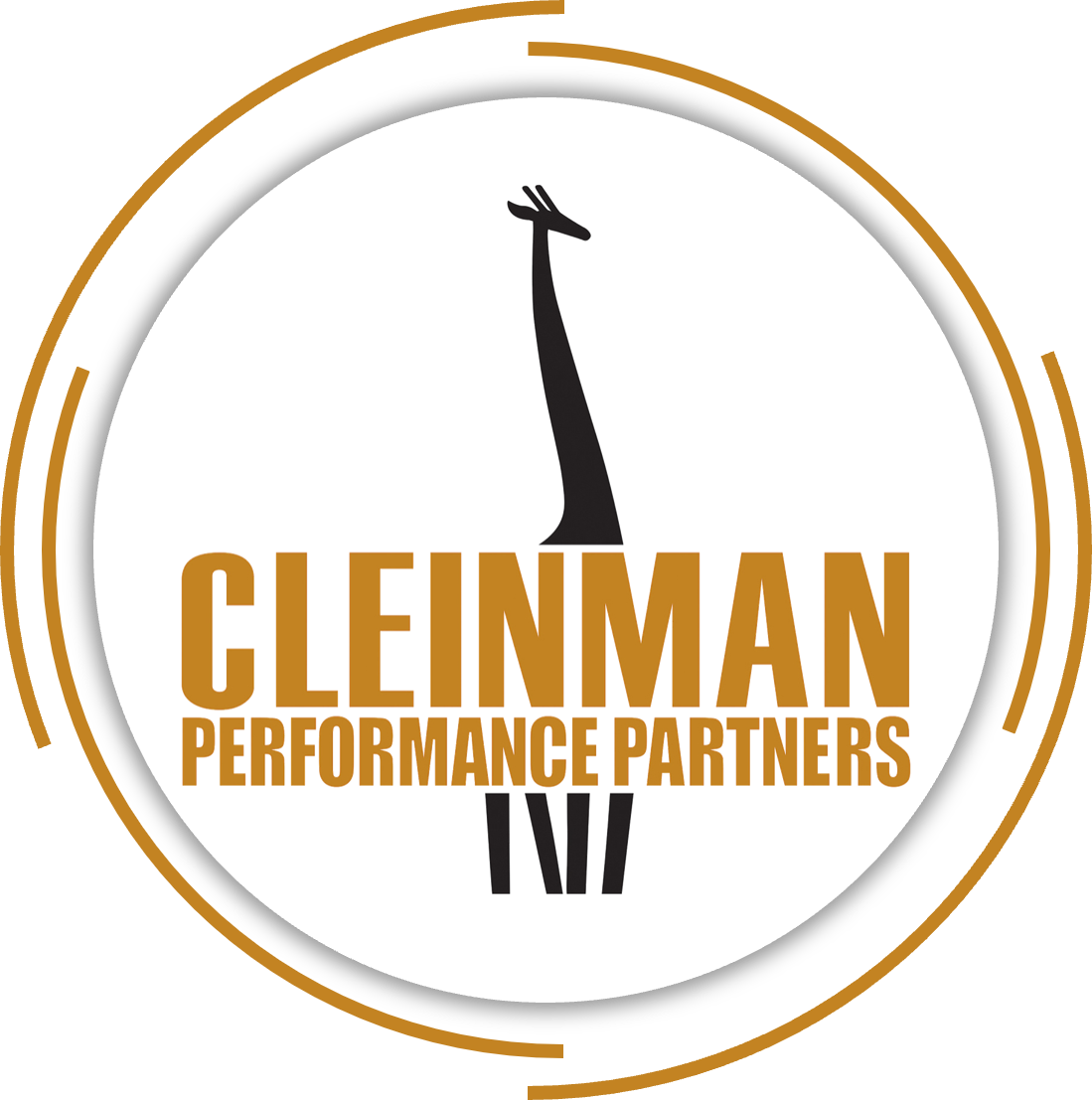MILAN, Italy and SAN ANTONIO, Oct. 24, 2013 /PRNewswire/ — Marcolin SpA and its affiliates backed by leading European private equity firm PAI Partners together with HVHC Inc., the holding company for Visionworks of America, Inc., Davis Vision, Inc. and Viva Optique, Inc. (Viva International), today announced the signing of a Stock Purchase Agreement under which Marcolin agrees to acquire Viva International. The acquisition, which is subject to satisfaction of customary closing conditions (including required domestic and international governmental approvals) is expected to become effective in the next few months.
Now the operative question is why? Why would HVHC choose to sell off Viva? Let’s take a look at this from 35,000 feet.
HVHC owns Davis Vision, the third largest purveyor of vision plans. HVHC owns Visionworks, the third largest eyewear retailer. HVHC owns Viva, the third largest distributor of eyewear. With its ownership of Viva, HVHC was totally vertically integrated including its own ophthalmic laboratories. Sounds like an Rx for success…control everything, right?
This prognosticator believes that HVHC is very smart and is thinking very carefully.
Let’s take a look at the rest of the landscape of vision plans.
– VSP, the largest player, effectively controls over 50 million eyecare/eyewear consumers. They own Marchon, the largest U.S. owned frame distribution firm. They own Officemate, the largest purveyor of vision care software. They own their own laboratories. And through sheer volume, they effectively control the entire delivery chain from lenses and frames through to the providers that serve VSP. In the past 25 years, they’ve moved from being a non-profit market expansion tool owned and controlled by optometry to a very profitable vertically integrated purveyor of vision care, effectively controlling at least 30% of the entire U.S. market and serving only their bottom line. While they say they don’t own many of their retail locations (they do own a few), a survey of their providers would dispute that fact. You don’t have to own if you control. The results of controlling providers through contractual business concentration (read “all eggs in one basket”) are likely even more profitable than through actually owning providers…and a whole lot simpler.
– Luxottica is the largest manufacturer and retailer of eyewear on the planet. They control the majority of the world’s leading eyewear brands. As the number one retailer, they own Lenscrafters, Sunglass Hut, Pearle Vision, Target Optical and a host of other retail brands. They own EyeMed, which competes directly with VSP and Davis and controls about 30 million eyewear/eyewear consumers. They’re very, very tight with Essilor in a public way. In the past 25 years, they’ve moved from being a frame manufacturer to the largest purveyor of eyewear on the planet, controlling about 10% of the entire world market!
So what’s all this got to do with the future? Let’s go backwards to see forward.
Back in the 1950’s in a landmark case, the Federal Trade Commission broke up two significant players who effectively controlled lens distribution and manufacturing in the U.S. The FTC forced Bausch and Lomb and American Optical to divest of their laboratories and focus on manufacturing. In that situation, the control over the market was nowhere near as tight as that which exists today among the top three vision plan purveyors.
My crystal ball says “breakup.” My guess is that the Health Care Division, Bureau of Competition at the Federal Trade Commission in Washington has vision plans on their radar.
With total control over the vision benefits of over 100 million Americans and significant effective control over the providers that serve them, have not vision plans opened the door for a deep investigation? My sense is that HVHC, the 3rd largest of these players, has enough concern about an FTC inquiry and the resulting cost. So, rather than fight the inevitable at the potential cost of hundreds of millions of dollars, it looks like HVHC has made the astute decision to sell of the least important element of their integration. And likely, part of the deal includes a long-term supply agreement that protects their margins. This way, when their larger competitors are tied up with the investigation, taking their corporate eye off the proverbial ball, HVHC is in place to pick up the pieces.
Of course, I could be wrong. Perhaps controlling the manufacturing of frames isn’t profitable for HVHC and they simply need the capital to focus on other things?
Time will tell if I’m close to being right. What’s your bet?

We can only hope you’re right Al. An investigation would make me just giddy!!
Alan:
My only hesistation with buying your premise is that our country and government is on the precipice of a number of crisis…ones that will effectively sap both the attention and resources of the FTC to look at what is, comparatively, a battle not needing entre. And with 100 million lives donating the dinero, they’ll have more than enough cash to influence the weak people in Washington.
Remember the arrowhead and enjoin battle, my friend.
I like this idea, however the only hesitation is that although I don’t follow case law, I don’t know of the US recent history of caring about Anti-Trust. Interesting, though.
I would not be so quick to assume that HVHC, is making this move on the premise of an FTC investigation. Luxottica has set the bar so to speak without any repercussions. Eyemed, VSP, and perhaps Davis maybe looking to capture a larger percentage of members after mandatory health insurance has been completed by offering more vision care packages to the public.